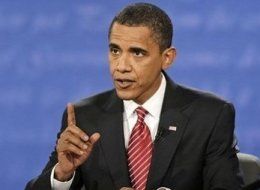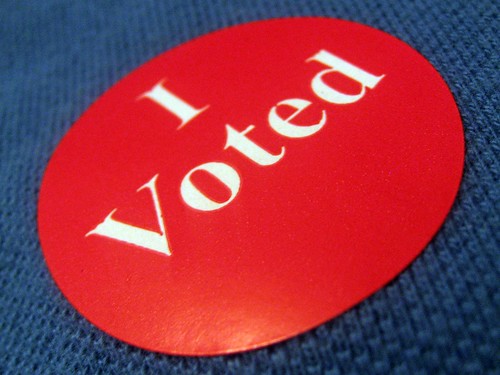 Energy Bulletin | In January of 2008, I published an article on "The Five Stages of Collapse," in which I defined the five stages, and then bravely stated that we are in the midst of a financial collapse. And ten months later it doesn't seem that I went too far out on a limb this time. If the US government has to lend banks over 200 billion dollars a day just to keep the whole system from imploding, then the term "crisis" probably doesn't do justice to the situation. To keep this game going, the US government has to be able to sell the debt it is taking on, and what do you think the chances are that the world at large will be snapping up trillions of dollars of new debt, knowing that it is being used to prop up a shrinking economy? And if the debt can't be sold, then it has to be monetized, by printing money. And that will trigger hyperinflation. So, let's not quibble, and let us call what's happening what it looks like: "financial collapse".
Energy Bulletin | In January of 2008, I published an article on "The Five Stages of Collapse," in which I defined the five stages, and then bravely stated that we are in the midst of a financial collapse. And ten months later it doesn't seem that I went too far out on a limb this time. If the US government has to lend banks over 200 billion dollars a day just to keep the whole system from imploding, then the term "crisis" probably doesn't do justice to the situation. To keep this game going, the US government has to be able to sell the debt it is taking on, and what do you think the chances are that the world at large will be snapping up trillions of dollars of new debt, knowing that it is being used to prop up a shrinking economy? And if the debt can't be sold, then it has to be monetized, by printing money. And that will trigger hyperinflation. So, let's not quibble, and let us call what's happening what it looks like: "financial collapse".So here are the five stages as I defined them almost a year ago. The little check-mark next to "financial collapse" is there to remind us that we are not here to quibble or equivocate, because Stage 1 is pretty far along. Stages 2 and 3 - commercial and political collapse, are driven by financial collapse, and will overlap each other.
 Right now, it is unclear which one is farther along. On the one hand, there are signs that global shipping is grinding to a halt, and that big box retailers are in for a very bad time, with many stores likely to close following a disastrous Christmas season. On the other hand, states are already experiencing massive budget shortfalls, laying off state workers, cutting back on programs, and are starting to beg the federal government for bail-out money.
Right now, it is unclear which one is farther along. On the one hand, there are signs that global shipping is grinding to a halt, and that big box retailers are in for a very bad time, with many stores likely to close following a disastrous Christmas season. On the other hand, states are already experiencing massive budget shortfalls, laying off state workers, cutting back on programs, and are starting to beg the federal government for bail-out money.Even though the various stages of collapse drive each other in a variety of ways, I think that it makes sense to keep them apart conceptually. This is because their effects on our daily life are quite different. Whatever constructive ways we may find of dodging these effects are also going to be different. Lastly, some stages of collapse seem unavoidable, while others may be avoided if we put up enough of a fight.


































